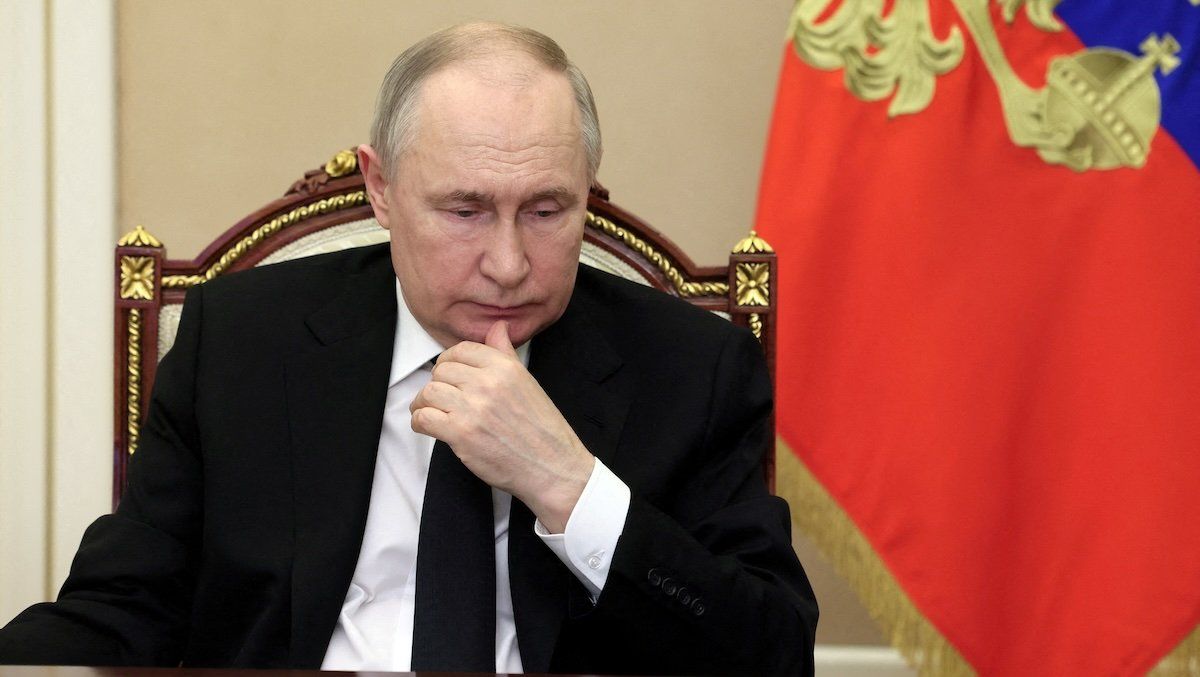Islamic State-Khorasan Province, an associate of the Islamic State group based in Central Asia, claimed responsibility for the attack that left 137 dead in a Moscow nightclub on Friday. Try as he might to baselessly cast Ukraine as the responsible party, Russian President Vladimir Putin’s reign has seen him plunge deep into the politics of Islamic extremism.
Moscow has a long history of animosity with the Muslims who make up about 10% of the Russian population, dating back to imperial expansion into the Caucasus and Central Asia in the 19th century.
Putin specifically earned the enmity of jihadists during the Second Chechen War (1999-2009), where he oversaw an infamously brutal crackdown on Islamic extremists fighting for the majority-Muslim state’s independence. He also deployed the Russian Air Force and mercenaries from the Wagner Group to support the Assad regime in Syria in 2015, where they fought the ISIS caliphate. Colin Clarke of the Soufan Center told the AP that Russia and Putin have been the target of ISIS-K propaganda for two years.
However, Russian was also the second most-spoken language among ISIS fighters after Arabic, as Moscow gave tacit approval for its citizens to leave the country and join the group. If the country’s disgruntled extremists are all off fighting in Syria and Iraq, the theory went, they can’t attack targets in Russia.
Those chickens may have come home to roost now. And with the Paris Olympics just months away, we’re watching what steps European leaders take to reduce their own vulnerability to terrorism in the coming weeks.
